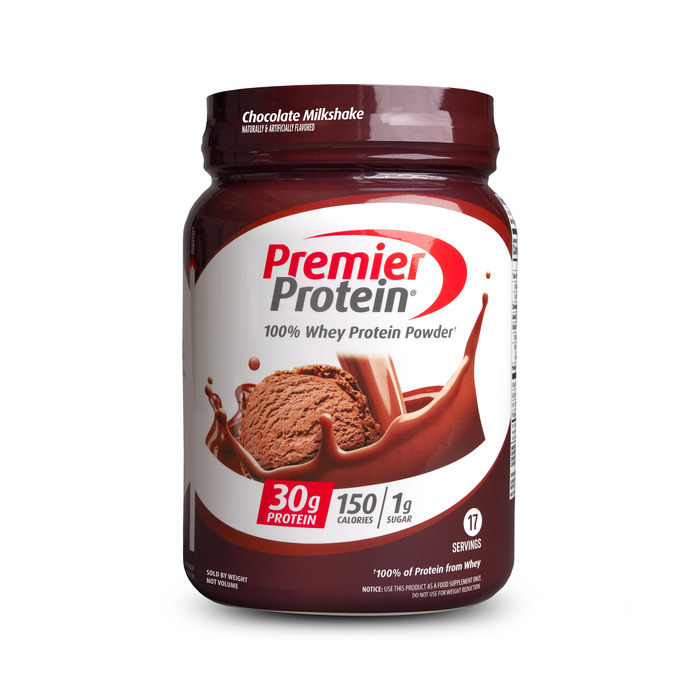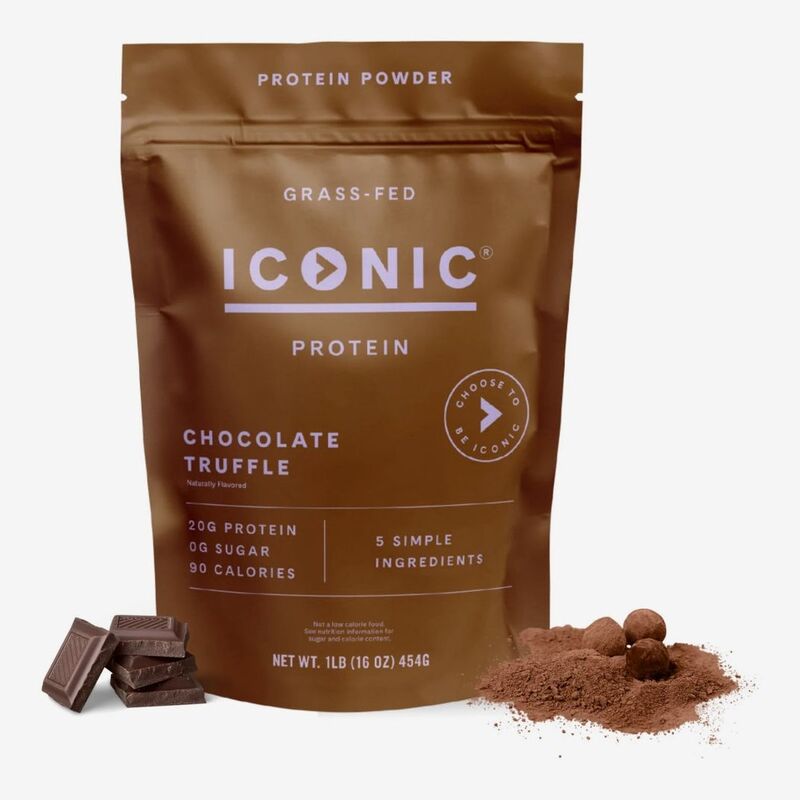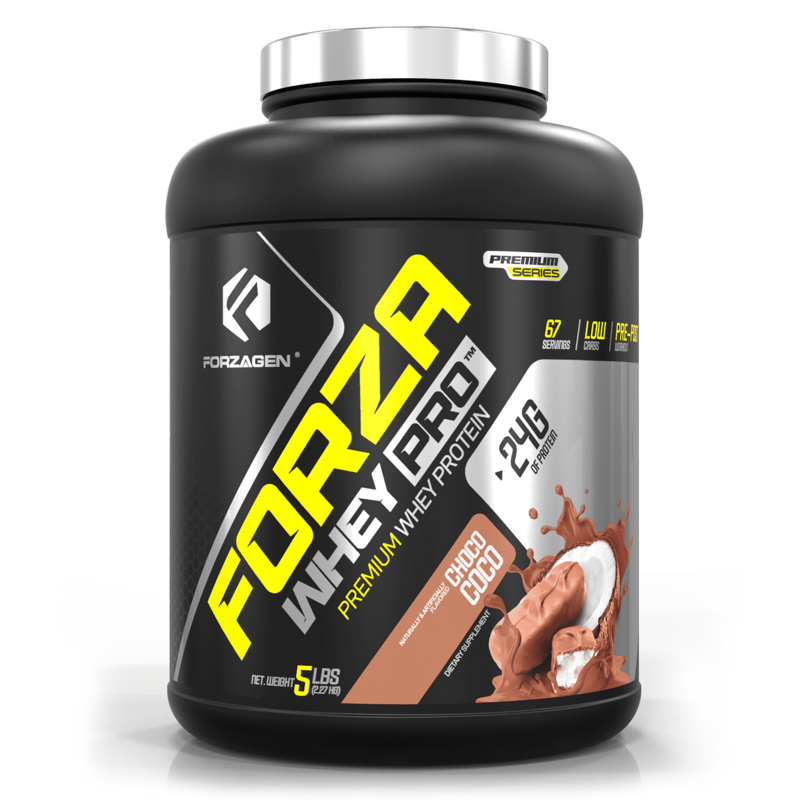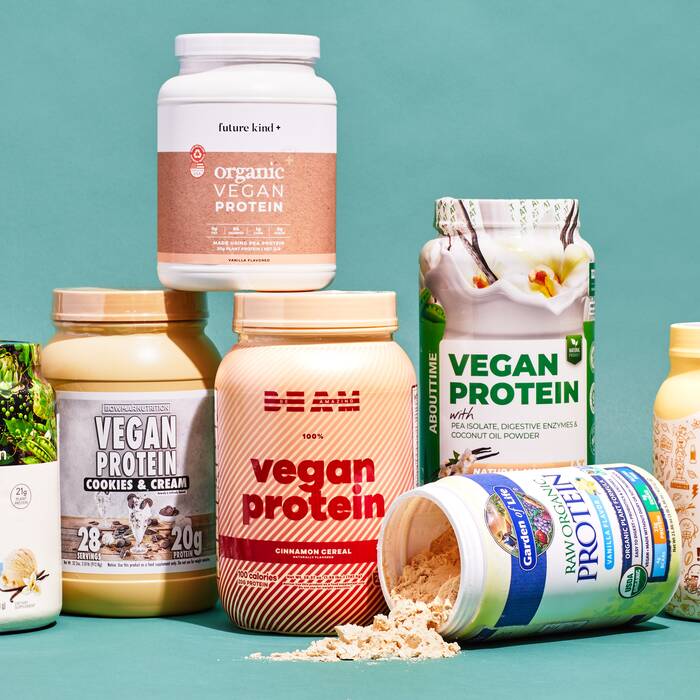How to Eat Protein Powder: Boosting Your Nutritional Intake
Protein is essential for various bodily functions, including muscle repair, immune support, and hormone production. Many people turn to protein powders to meet their dietary needs. However, knowing how to eat protein powder effectively is crucial for reaping its benefits. In this article, you will learn the various methods of incorporating protein powder into your diet. This guide will provide practical information, helping you maximize your protein intake thoughtfully.
Understanding Protein Powder
Protein powder comes in several forms, including whey, casein, soy, pea, and hemp protein. Each type serves different dietary requirements and preferences. For instance, whey protein is a fast-digesting source favored by athletes. It is ideal for post-workout recovery. Meanwhile, plant-based options appeal more to vegans and those with lactose intolerance.
Types of Protein Powder
Whey protein is derived from milk and is popular among fitness enthusiasts. Its high biological value means it contains all essential amino acids. This makes it an excellent choice for muscle building. Casein, on the other hand, digests slowly. Therefore, it is often consumed before bedtime for sustained amino acid delivery overnight.
Vegetable-derived proteins also have unique benefits. Soy protein is a complete protein, making it a great vegan alternative. Pea protein is hypoallergenic and suits those with dietary restrictions. Meanwhile, hemp protein offers omega-3 and omega-6 fatty acids, making it a nutrient-dense option.
Benefits of Incorporating Protein Powder
Consuming protein powder can benefit various aspects of health. First, it helps in muscle repair and growth. After a workout, your muscles are primed for nutrients that aid recovery. Protein powder can fulfill that requirement effectively. Moreover, having sufficient protein aids in weight management. This happens because it promotes satiety, helping you feel full longer.
In addition, protein plays a role in improving metabolic processes. When combined with exercise, protein can help accelerate fat loss. As a result, many people choose to add protein powder to their diets for overall health improvement. However, moderation and proper consumption methods are key.

Methods of Consuming Protein Powder
You can consume protein powder in various delicious ways. From smoothies to baked goods, the versatility is impressive. Choosing methods that fit your lifestyle is essential for long-term adherence.
Smoothies and Shakes
One of the most popular ways to consume protein powder is through smoothies and shakes. Blending protein powder into a smoothie makes it easy to consume. You can add fruits, vegetables, and healthy fats to enhance the nutritional profile. For instance, mixing a scoop of whey protein with banana, spinach, and almond milk creates a balanced meal.
You can customize your smoothie to taste as well. Adding a bit of honey or cocoa powder can improve flavor. Furthermore, using frozen fruits adds a refreshing texture. This makes it a satisfying snack or meal replacement.
Additionally, protein shakes can be a quick option after workouts. Simply mix water or milk with protein powder for instant nutrition. This quick option is convenient for those on the go.
Baked Goods and Cooking
Another way to incorporate protein powder is through baking. You can add protein powder to recipes for pancakes, muffins, or cookies. Substituting a portion of flour with protein powder increases the protein content. This method makes treats more nutritious without sacrificing taste.
For instance, adding a scoop of protein powder to your pancake mix can make for a hearty breakfast. You can also create protein bars at home. Mixing oats, nut butter, and protein powder provides a portable snack. These homemade bars are enjoyable and can keep you satisfied.
When cooking, consider adding protein powder to soups or sauces. A scoop can enhance the protein content of your meals. However, be mindful of appropriate amounts, as excessive use can alter the taste and texture.

Timing and Dosage
Choosing the right time to consume protein powder can influence its effectiveness. Many people often wonder how much to use. Understanding these factors can help you meet your fitness and health goals.
Post-Workout Consumption
Consuming protein powder after your workouts is generally beneficial. Muscles are depleted after exercise, and consuming protein aids recovery. Most experts recommend taking a protein supplement within 30 minutes post-exercise. This timing can optimize muscle repair and growth.
The typical dosage for protein intake ranges from 20 to 30 grams per serving. However, individual needs may vary. Factors such as body weight, workout intensity, and fitness goals all play a role. Consulting with a healthcare provider or nutritionist can help determine your specific requirements.
Daily Protein Intake
In addition to post-workout consumption, protein powder can be consumed throughout the day. It’s crucial to balance your protein intake across meals. Daily protein needs generally range from 46 grams for women to 56 grams for men. These figures may increase for athletes or those aiming to build muscle.
Incorporating protein powder into meals can help you meet these goals. Using protein powder in breakfast smoothies or snacks can contribute to your daily requirements. However, keep in mind that a balanced diet should include whole food sources as well.
Potential Side Effects and Considerations
While protein powder can offer many benefits, some potential side effects exist. Being aware of these can help you enjoy protein powder safely and effectively.
Digestive Issues
Some individuals may experience digestive problems when consuming protein powder. Symptoms may include bloating, gas, or stomach cramps. These issues are often more common with whey protein, particularly in those who are lactose intolerant.
To combat these concerns, consider trying plant-based protein powders. These options, such as pea or hemp protein, are generally easier to digest. Also, pay attention to serving sizes. Consuming excessive amounts at once can overwhelm your digestive system.
Allergies and Sensitivities
Certain protein powders may trigger allergies in some individuals. For example, those allergic to dairy should avoid whey and casein. Similarly, people with soy allergies should steer clear of soy protein products. Always read labels carefully and consult a healthcare professional if you have concerns.
Additionally, steer clear of protein powders with unnecessary additives or fillers. Opting for high-quality, minimally processed products is best. This ensures you receive the maximum benefit without adverse reactions.

Choosing the Right Protein Powder
With so many protein powder options available, choosing the right one is crucial. Identifying your dietary preferences and needs can guide your decision.
Quality and Ingredients
Always prioritize quality when selecting protein powder. Look for products with minimal additives and fillers. Furthermore, check for third-party testing to ensure purity and potency. This helps guarantee you are consuming a safe and effective supplement.
You may also want to consider the protein source. If you are vegan, opt for plant-based proteins. Alternatively, if you’re focused on muscle building, whey protein could be your best bet. Aligning the protein type with your goals will yield better results.
Flavor and Form
Taste is another important factor. Protein powders come in various flavors, from vanilla to chocolate. Choose one that appeals to you, as it will encourage consistent consumption. Additionally, consider the form. Some prefer powder formulations, while others may choose ready-to-drink shakes.
Experiment with various brands and flavors to find what works best for you. You may even discover new ways to incorporate protein powder creatively.
Conclusion
Incorporating protein powder into your diet can significantly enhance your nutritional intake. With methods ranging from smoothies to baked goods, the possibilities are vast. Understanding when to consume protein powder and choosing the right type for you is essential.
While enjoying protein powder’s benefits, be mindful of potential side effects. By prioritizing quality and the right dosage, you can maximize its positive effects. Ultimately, enhancing your protein intake can lead to improved health, fitness, and well-being, making it an excellent addition to your nutritional strategy.
